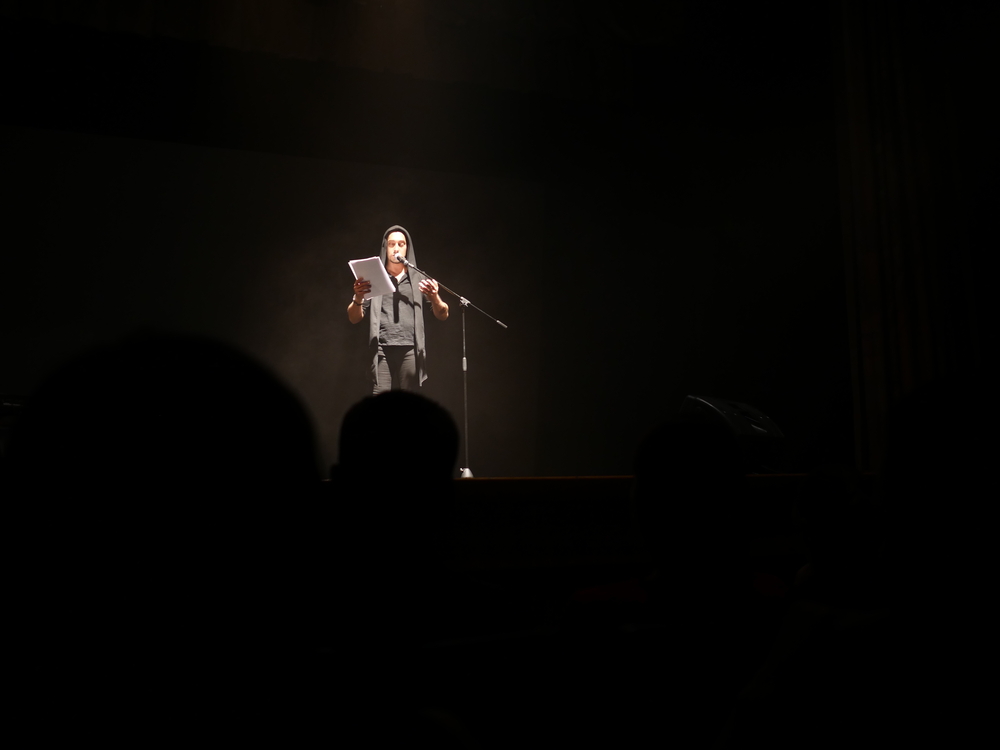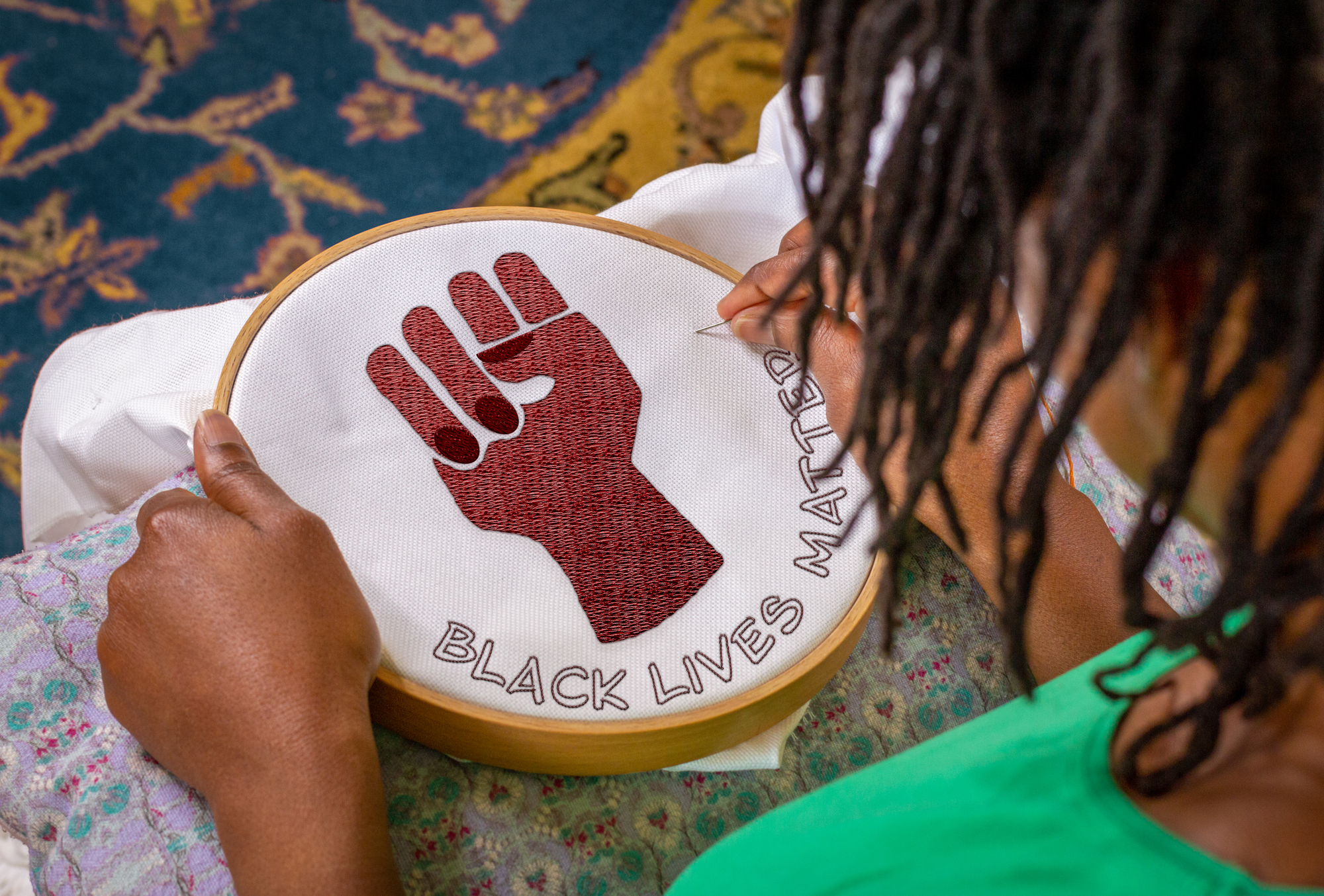Who's Making Grants in the "Perennially Under-Resourced" Field of Poetry?
/ Mike Scutari
photo: Ekaterina Byuksel/shutterstock
While poetry may not be the most cash-flush sector of the arts philanthropy space, the Foundation for Contemporary Arts (FCA) is certainly doing its part.
At the start of this year, it announced it would give $40,000 grants to three experimental poets. Each award was endowed or underwritten by visual artists like Ellsworth Kelly and his partner Jack Shear, as well as the foundations of Cy Twombly and Roy Lichtenstein.
The announcement comes roughly a year after it launched the $40,000 Dorothea Tanning Award, in honor of the self-taught artist and poet who died in 2012. The award's inaugural winner was poet Liz Waldner.
We rarely find funders allocating $120,000 to "experimental poets"—a reality underscored by FCA board member, painter Cecily Brown, who was pleased "to make these awards in poetry, which is a perennially under-resourced field."
That being said, FCA's involvement here isn't particularly surprising.
The foundation was created by John Cage and Jasper Johns in the 1960s to fund new works by other artists. If anyone understands the plight of experimental artists, modern dancers and struggling poets, it's the FCA. Case in point: The FCA offers emergency grants for both performing and visual artists who have incurred unexpected expenses or have been presented with "unanticipated, time-sensitive opportunities" that they can't afford.
The three new poetry grants adhere to the FCA's model in which the foundation partners with preeminent artists or foundations.
The grant from Kelly and Shear—the C.D. Wright Award for Poetry, named for the former grant recipient who died in 2016—was given to the Canadian poet Lisa Robertson. The Cy Twombly Award for Poetry went to Missouri-based poet Anne Boyer. Finally, the inaugural Roy Lichtenstein Award, which in the future can go to an artist in any discipline, went to the New York-based poet and critic Fred Moten.
The winners were selected by the Foundation for Contemporary Arts board of directors, which in addition to Ms. Brown includes Mr. Johns and philanthropists like Agnes Gund, whose $100 million Art for Justice Fund announced its first round of grants not long ago focused on reducing prison populations and strengthening education and employment opportunities for formerly incarcerated people.
For more information on the FCA's other grants and programs, click here.






































